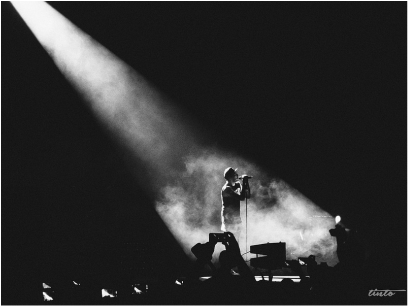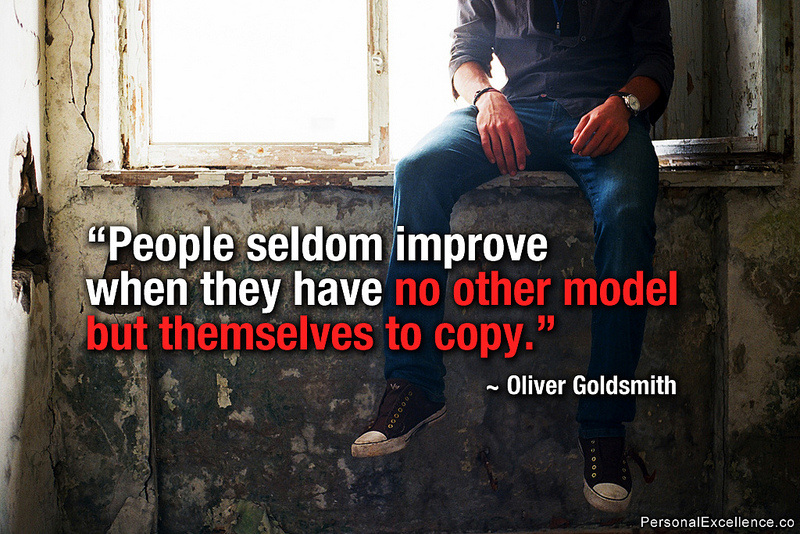Spoken Word Poetry TipsSpoken word poetry is an art form where stage performance gives life to the authored words of a written poem. It allows even the most ordinary of poems to transcend to a higher level of understanding and impact through dramatic presentation. Spoken word poets are encouraged to use body language and gestures alongside spot-on diction, inflection and intonation to deliver a captivating message or story. The competitions where performance poets gather for judgement of their work are most commonly known as poetry slams. If you're newer to spoken word, these tips will help you raise your abilities to the next level. If you're a seasoned slam poet just looking to up your game, then hopefully these tips allow you to get back to some basics and inject some new life into your pieces.
|
|



